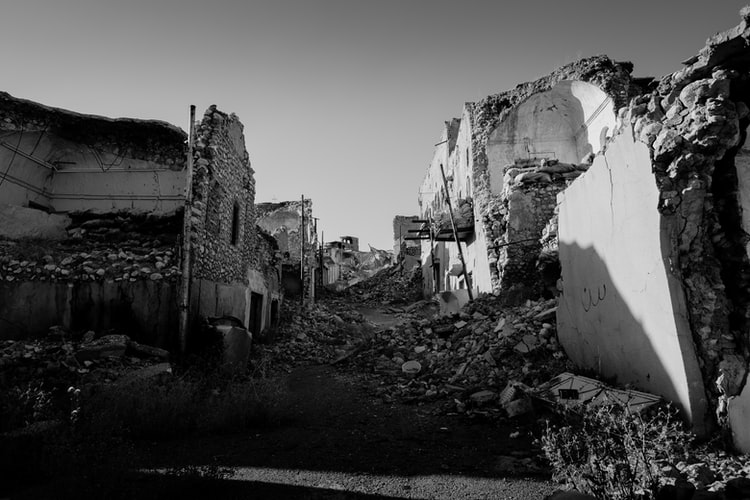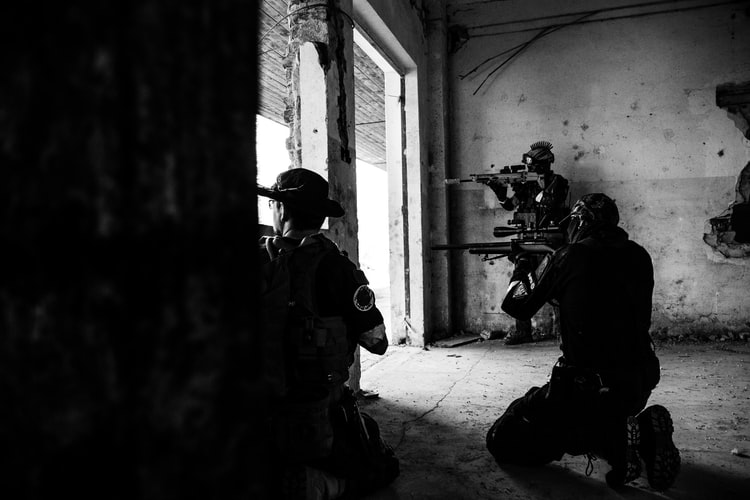In recent years, journalism has witnessed intense competitions in its field as the commercial media has increasingly relied on social media to report its stories. For many in the field, these changes have threatened to put a damper on the profession. While many journalists have attempted to craft effective ways to navigate these changing dynamics, the high level of stress and anxiety that is experienced by many in the profession has contributed to the problem. However, many journalists are optimistic that the increasing focus on information and the increased interest in stories fueled by social media will help to strengthen the profession in the eyes of the public. This article offers a number of tips for ensuring that you can best serve your community and deliver the news with confidence during these complex times.

Management And Usage Of Social Media
Although journalists often rely on sources that they have at their disposal, the proliferation of social media sites such as Facebook and Twitter has increased the amount of information that is now available to users. With this increased level of information at your fingertips, it is important for a journalist to remember that you need to protect your sources, and that you may need to admit that you have no solid information to run with. Many people feel pressurized by the aggressive nature of the traditional media, and feel compelled to spill secrets in order to get ahead of the game. A journalist must remember that any story that they publish needs to be based on solid, reliable information. In some cases, the information that is obtained may be of great importance, but if the journalist makes the decision that sharing the information would set the story in a negative light, they have jeopardized the source’s relationship and could face severe consequences for their actions.
The Internet and social media sites have also created another challenge for journalists. Social media sites such as Twitter and Facebook allow anyone to publish information immediately, which can be very problematic for a reporter covering a story. In many ways, these sites have also opened up firewalls that prevent journalists from reporting on certain things. If a story is published online before it has been confirmed by the original source, it is essentially useless to the journalist. This is particularly true if the information is crucial to the public’s safety or if the person publishing the information has a reputation for sharing untrustworthy information.
In most cases, a journalist will not have control over what news is run, but they do have a say in whether or not the information they run is newsworthy. They need to remember that their primary function is to seek out information, and not to disseminate it. Reporters should know how to use search engines and other tools to look for newsworthy stories and should avoid publishing anything that would be considered spam. If a story is deemed too spammy, a journalist might risk their reputation with readers or the media company that employs them. On social media sites, there are dozens of users who can quickly and easily report news that is False, libelous, or completely unbelievable. While a journalist can’t control what their social media users think, they can control what information they publish.
The Changing Face Of Journalism
When two sides of a journalism conflict decide that they are going to play a game of back and forth, this is usually the result of an internal battle. Naturally, one party is more interested in winning and may be willing to compromise on some aspects of the story in order to secure a win. Sometimes, however, an equally valid argument can be presented by the other side. Unfortunately, in many cases, journalists don’t have a choice. Whether they want to or not, they must report whatever comes their way. Reporting that includes exaggerations or lies is unethical and the proper journalists will always take the right side of the story at all times.

In some ways, the battle lines between reporters and their sources in journalism war zones are the same as those in other areas. The public has a right to know the truth, and journalists need to exercise their right to provide it. When conflicts arise between public and private citizens, journalists have a duty to help find the truth and share it. As the world gets smaller through modern technology and social media, the role of the journalist has only gotten more important.

